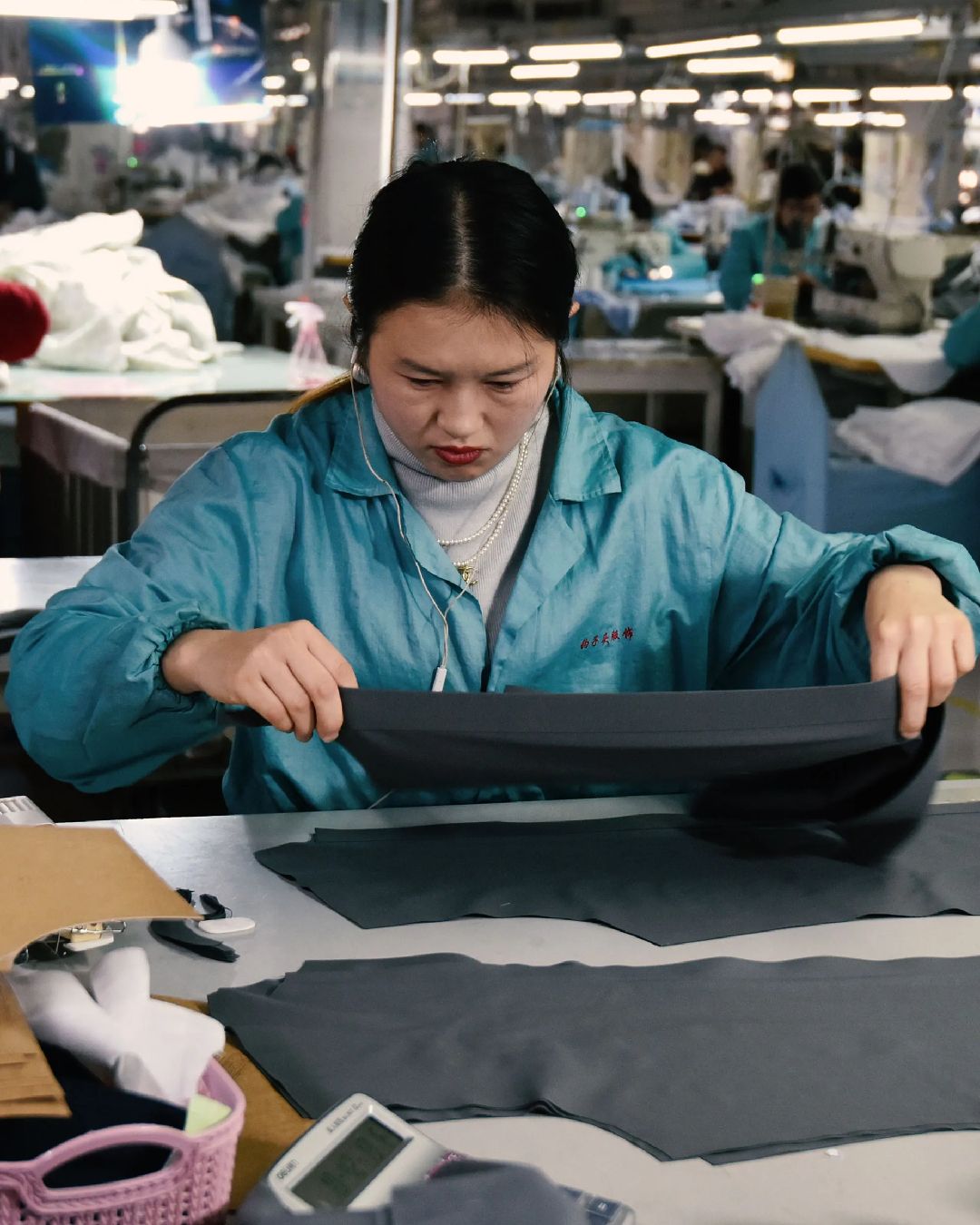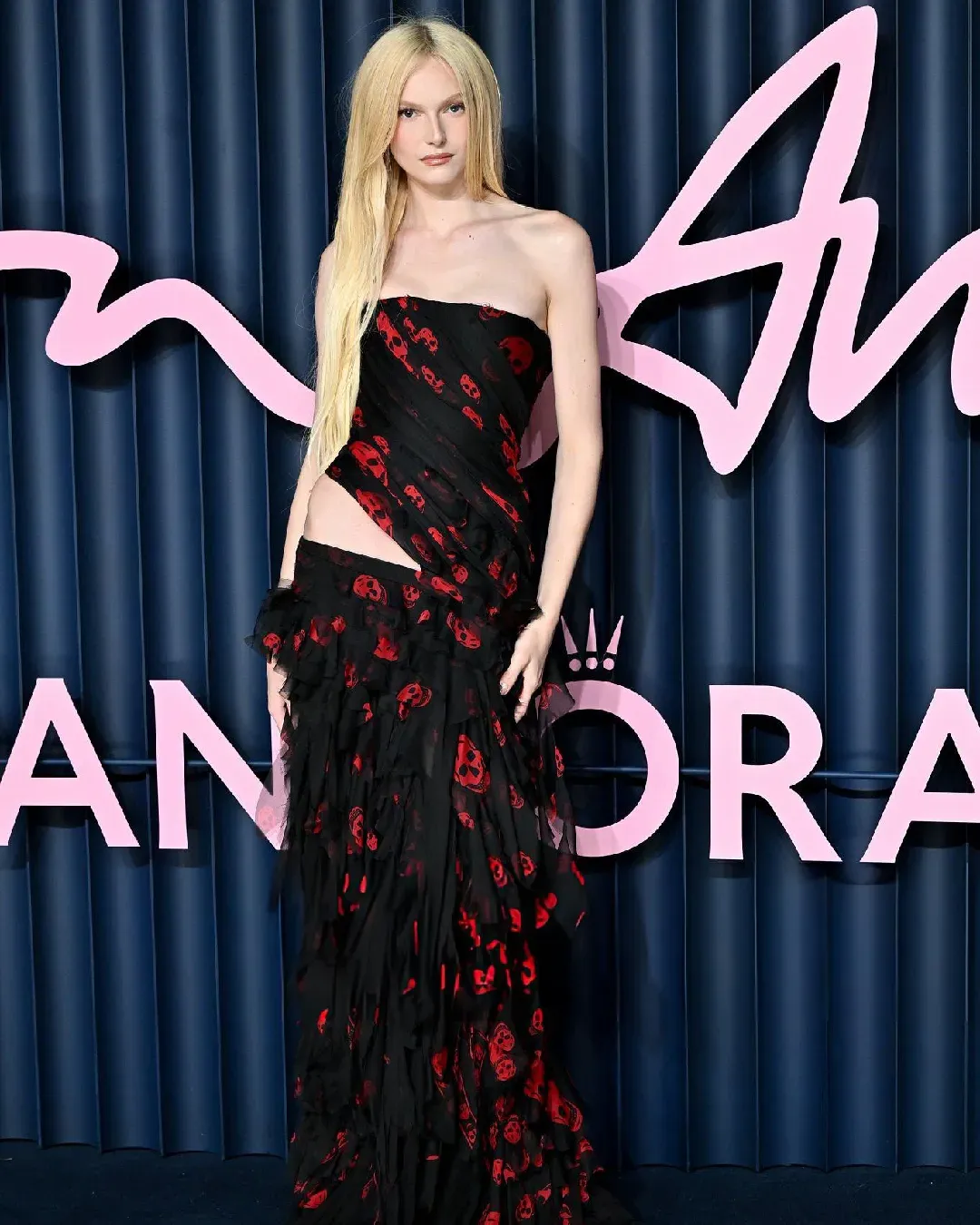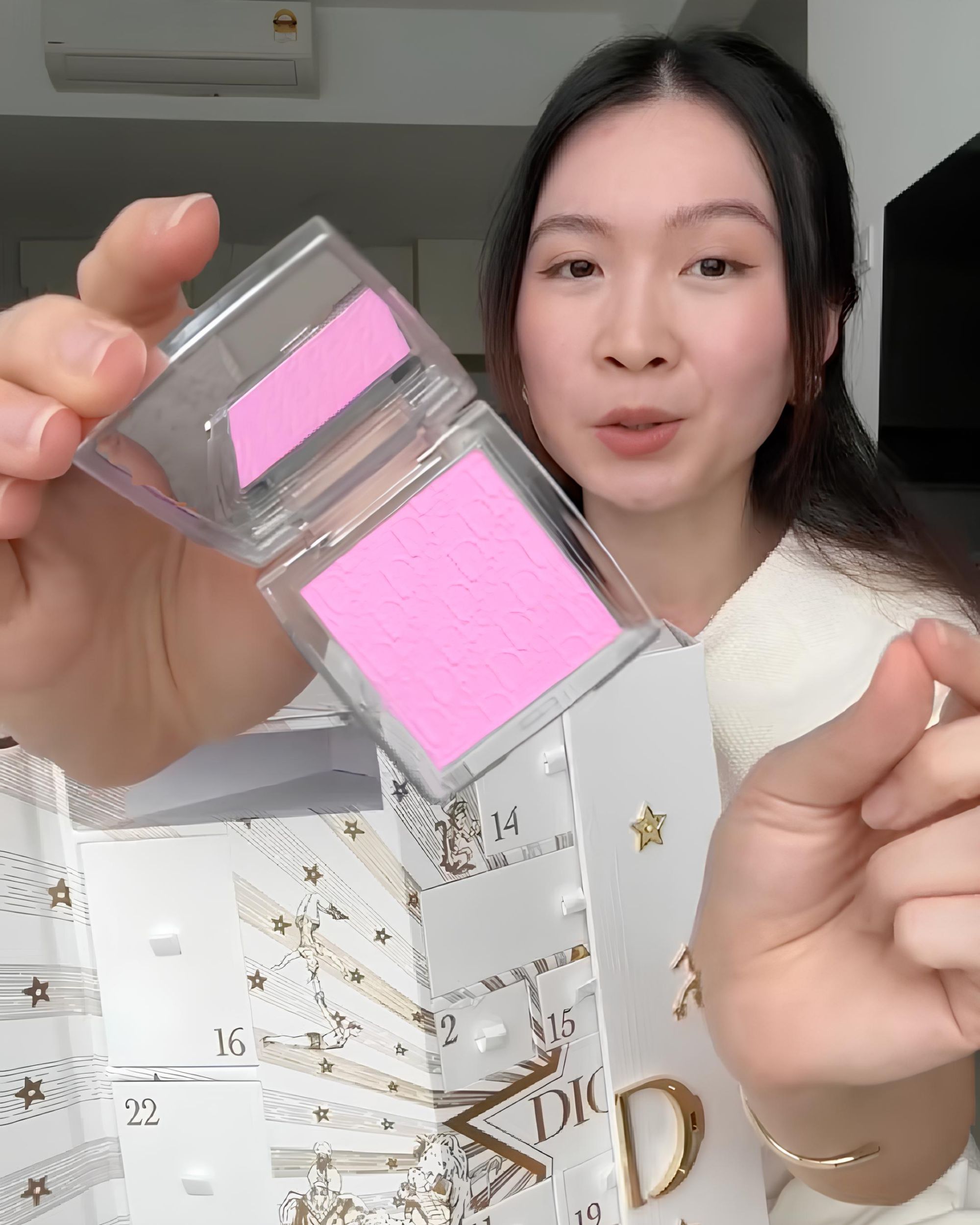
For luxury brands, South Korea is the new China Now that South Koreans are the world's leading buyers of luxury goods
Before the pandemic brought our lives to a standstill for three years, the geopolitics of fashion moved on quite different edges from our present. Today, enough time seems to have passed for the pre-pandemic symmetries to rebalance. In China, for example, retail sales of jewellery, gold and silver are up 37.4 per cent compared to March 2022, Hermès reported that sales in the Asian market were up 23% in the first quarter, and Luca Lisandroni, managing director of Made in Italy luxury giant Brunello Cuccinelli, reported that 2023 will be "the golden year" for China. The fashion industry is regaining a foothold in Asian markets while opening up to new cultural horizons. Western haute couture brands in particular are fascinated by the growing trends in South Korean pop culture, leading luxury brands to flock to Seoul in the wake of the country's economic success. Indeed, CNBC recently reported that South Koreans' total spending on personal luxury goods has increased by 24 per cent to $16.8 billion, ranking South Koreans among the world's biggest buyers of luxury goods. It is no surprise, then, that brands want to tap into the country's consumers, even given Europeans' growing interest in Korean cultural products, from entertainment to K-pop via K-drama, a phenomenon better known as the Korean Wave or Hallyu.
During the pandemic, the Squid Game phenomenon drew the attention of global fans to South Korean entertainment. Since then, stars such as Lee Jung-jae and Jung Ho-yeon have made a name for themselves as ambassadors for two of Europe's leading fashion houses, Gucci and Louis Vuitton respectively, and their ambassadorships are indicative of the public's continued admiration for local culture. In the last two years, the growing affluence and cultural influence in South Korea has led luxury brands to hold major fashion shows in the country. Recently, LV and Gucci have followed in the footsteps of Chanel's Resort 2016 and Dior's FW22, joining the growing list of luxury brands that have held fashion shows in South Korea. With Chanel Resort 2016, the late Karl Lagerfeld was one of the first to pay tribute to the country's strategic importance. But Louis Vuitton and Gucci's more recent shows also paid homage to South Korean culture by including references and allusions to the country's traditions and highlighting local talent in all aspects of production. At the same time, Chanel, Valentino and Bottega Veneta chose the path of influence, inviting members of the biggest K-pop groups, such as BTS and BLACKPINK, as global ambassadors.
Western fashion is undeniably subjugated by the Korean wave; the country's cultural influence extends far beyond luxury. Jungkook of BTS and Jennie of BLACKPINK have expanded their portfolios of business partnerships, both becoming the faces of global brands such as Calvin Klein; in beauty, superstars such as Lisa and Han Sohee have taken on the role of ambassadors for brands such as MAC and Charlotte Tilbury, while BLACKPINK's Jennie also stars in A24's highly anticipated series The Idol, which recently debuted in Cannes. The growing importance of Korean influencers in shaping Western fashion shows that the future of high-end fashion can only be determined by diversity. As Joyce Li points out on Hype Beast, the current boom in Korean business proves that the Hallyu craze is not just a fad, but rather an important part of the industry's progress in intertwining Asian pop culture and Western luxury brands.















































